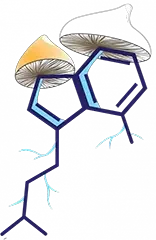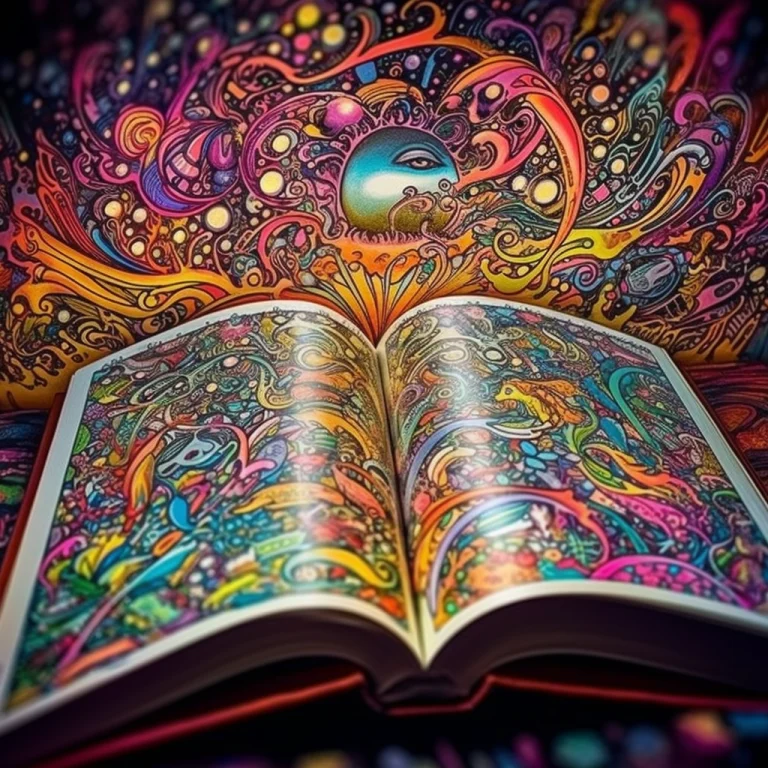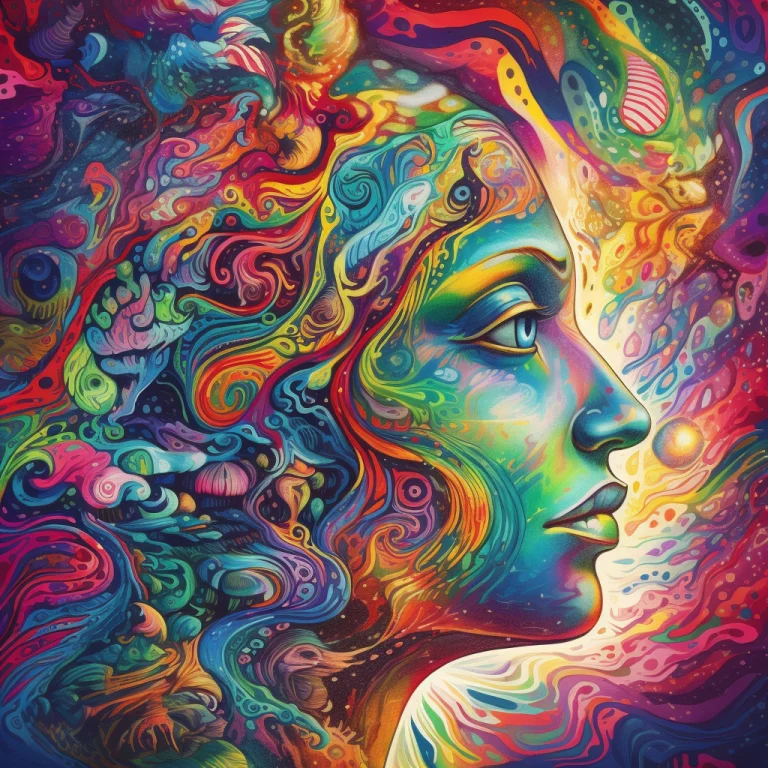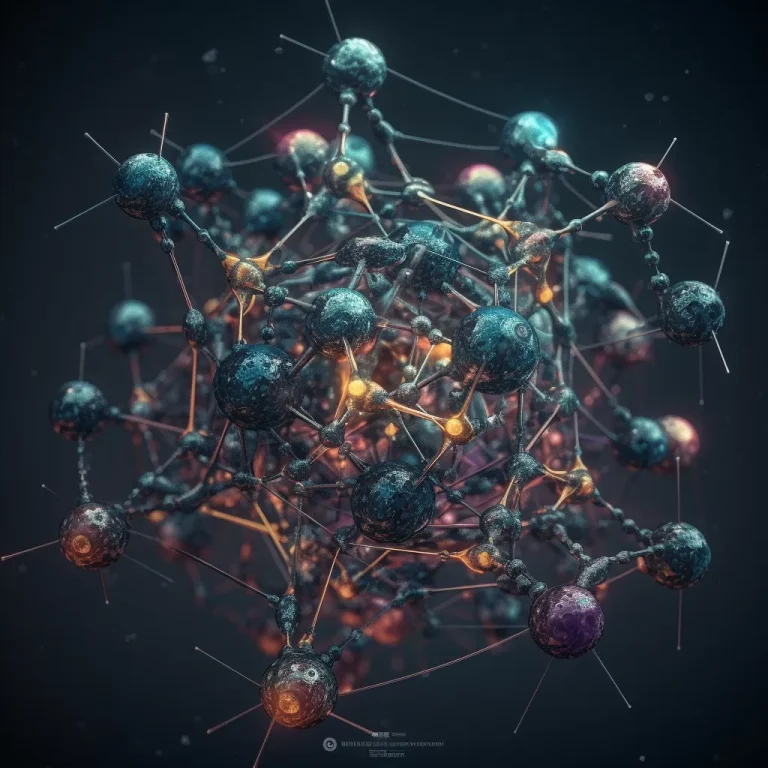Lysergic acid diethylamide (LSD) has left an indelible imprint on music festivals, particularly during the counterculture era of the 1960s. The substance played an instrumental role in shaping the festival experience—fostering community, inspiring creativity, and sparking spiritual exploration. This article embarks on a historical journey, exploring the profound influence of LSD on music festivals and the enduring cultural legacy of this psychedelic substance.
LSD, Counterculture, and Music
The synthesis of LSD by Swiss chemist Albert Hofmann in 1938 ushered in a new chapter in psychopharmacology. By the 1960s, LSD had found its way into the heart of the counterculture movement—a societal faction that rejected mainstream norms and championed personal liberation, peace, and social transformation. Amidst this backdrop, LSD emerged as an emblem of rebellion and self-discovery. It inspired a shift in consciousness and fostered a sense of unity within the counterculture, setting the stage for its influence on music festivals.
LSD and the Emergence of Music Festivals
The 1960s marked the advent of music festivals as platforms for artistic expression, communal gathering, and the celebration of countercultural ethos. LSD became integral to the festival experience, serving as a catalyst for transcendental experiences. The prevalence of LSD at music festivals cultivated an atmosphere of shared consciousness and heightened sensory perception, promoting psychedelic aesthetics and shaping a distinct festival environment.
Iconic Music Festivals and the LSD Influence
Festivals like Woodstock (1969) and Monterey Pop (1967) epitomize the influence of LSD on music festivals. At these events, LSD was prevalent among festival-goers, and the performances embodied the psychedelic zeitgeist. Artists such as Jimi Hendrix and The Grateful Dead delivered electrifying performances that encapsulated the psychedelic music movement. Similarly, the Isle of Wight Festival in 1970 exemplified the link between LSD and transformative festival experiences.
LSD and the Evolution of Psychedelic Music
Psychedelic rock emerged as a genre heavily influenced by LSD-induced experiences. Bands like The Beatles, The Doors, and Pink Floyd wove psychedelic themes, innovative soundscapes, and introspective lyrics into their music. This shift in musical aesthetics conveyed a sense of transcendence and departure from conventional musical structures, with studies suggesting that LSD experiences may have fueled this creative evolution.
The Evolution of Festival Culture and Contemporary Influence of LSD
Despite the decline of the counterculture movement and tightened legal restrictions on LSD, the psychedelic influence persists. Today, psychedelic-inspired festivals strive to recreate the immersive experiences characteristic of the LSD-influenced festivals of the 1960s. A resurgence of psychedelic aesthetics, visual effects, and experiential elements pays homage to the sense of unity that LSD-infused festivals nurtured.
Controversies and Challenges
The relationship between drug use—particularly psychedelics like LSD—and music festivals has been a subject of criticism and controversy. Concerns about health risks, safety, and potential harm to festival attendees have prompted increased scrutiny and calls for harm reduction measures. Consequently, there is growing emphasis on services such as drug testing and education to foster safer festival experiences.
Legal and Regulatory Considerations
The legal status of LSD and other psychedelics significantly influences their presence at music festivals. Changing attitudes towards these substances and renewed interest in their therapeutic potential have sparked discussions around regulatory changes. The decriminalization or medical legalization of psychedelics in some jurisdictions might reshape the landscape of music festivals, facilitating more open exploration of psychedelic experiences within controlled, safe environments.
Conclusion
LSD’s influence on music festivals has left an enduring cultural legacy. By fostering a sense of community, artistic expression, and transcendence, LSD shaped the festival experience in profound ways. While legal and cultural shifts have transformed the role of LSD over time, the spirit of the psychedelic era continues to inspire contemporary music festivals. Appreciating this historical context allows us to better understand the transformative power of music and the exploration of altered states of consciousness.
[gap height=”130px”]
[ux_image id=”8401″]
[gap height=”130px”]
We hope that you have gained a little more understanding and wisdom after reading through our article about LSD. We hope that it has inspired you to explore the multitude of possibilities through LSD.
Shroomhub is your trusted online source in Canada for all things Psychedelic, from Magic Mushrooms, LSD and even DMT, take advantage of our weekly deals and bargain prices you wont find anywhere else!
[gap height=”130px”]
[message_box]
[row v_align=”middle” h_align=”center”]
[col span=”9″ span__sm=”12″]
Author
Freelance Writer
Leo Thomas
[/col]
[col span=”2″ span__sm=”12″ align=”center”]
[button text=”Linkedin” color=”white” style=”outline” radius=”99″ link=”https://www.linkedin.com/in/leo-thomas-24b827279/”]
[/col]
[/row]
[/message_box]



